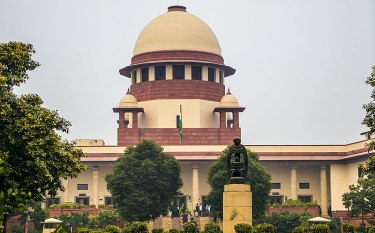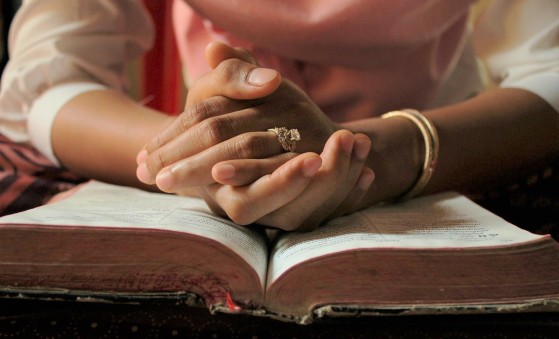
The Supreme Court on September 19, rejected the Centre’s appeal against a Madras High Court ruling that ordered renewal of registration for two Chennai-based non-governmental organisations under the Foreign Contribution (Regulation) Act, 2010 (FCRA).
Justices Vikram Nath and Sandeep Mehta warned the Union government against troubling NGOs and criticised the refusal to renew registrations based on minor procedural issues.
“When they are doing some social service, what is your problem?” the bench questioned Additional Solicitor General Archana Pathak Dave. “You have your checks and monitor their receipts and expenses, but how can you shut them? Have they bungled any funds? Is there any evidence of malpractice?”
The dispute concerned the Ellen Sharma Memorial Trust and the Sharma Centre for Heritage Education, organisations active in education, health and heritage work. The Trust, established in 1982 to improve child education and welfare, depends on foreign donations for 70-75% of its revenue.
Both groups sought renewal of their FCRA registration in early 2021, but the Home Ministry rejected these applications in December 2021 without detailing the supposed violations.
The Centre contended that renewal was refused because Section 7 of the FCRA was breached, as this provision bars transferring foreign contributions without prior government approval. Officials claimed funds moved between three NGOs without permission.
The Madras High Court ruled in June that the Ministry’s refusal lacked legal basis. Justice N Anand Venkatesh found the denial rested solely on procedural lapses involving fund transfers between registered sister organisations following 2020 amendments that required prior approval for such movements.
The high court stressed no allegations existed of misuse, diversion or personal benefit. “Just because some institutions run with the aid of foreign contribution, it is not necessary to look at the institutions like that of the petitioners with suspicion unless there are materials to show that such foreign contribution is being misused,” the judgment stated.
The court further noted the NGOs received no specific reasons for rejection and were not informed about alleged violations beforehand.
When the Additional Solicitor General argued the government required more time to review documents despite the high court directive, the Supreme Court responded firmly: “Do not complicate things or further harass them. Comply with the high court order.”
This Supreme Court intervention occurs amid widespread scrutiny of NGOs seeking FCRA renewals across India in recent years. The Home Ministry’s 2023-24 annual report shows that among over 23,000 applications submitted, authorities granted licenses to 15,638 NGOs while refusing 7,848 applications.




